How journalists should approach the topic of conflict-related sexual violence (CRSV), what to look for when reporting the issue, and how to communicate with survivors of violence so as not to exacerbate their trauma – these were the topics discussed at trainings organized by the National Union of Journalists of Ukraine (NUJU) for media professionals, which took place in Vinnytsia and Khmelnytskyi, and which aroused considerable interest in the media.
After all, the topic of CRSV is quite new for Ukrainian journalists, despite the fact that the third great war is already underway. In addition, the topic is quite sensitive. The main thing here is not to turn human pain and trauma into hype but to draw attention to the problem itself.
Liudmyla Huseinova, a human rights activist/citizen journalist/communications director of the SEMA Ukraine non-governmental organization, who survived captivity and, after her release, began to care for women who survived CRSV, talked about the nuances of revealing the topic, as well as the details of communication with survivors of CRSV. She emphasized that it is worth highlighting such stories for the punishment of the guilty, as well as for the more global task of stopping this inhuman trend, which has been a kind of weapon of war since ancient times.
“The stories of CRSV survivors should only be illustrations of the general situation. And it demands public attention. According to our data, almost 200 women are currently held in russian torture camps in the occupied territories. Therefore, the problem requires wide public publicity. If we remain silent, we give the enemy the opportunity to abuse our compatriots further. However, there is another problem – stigmatization: not all of those who have experienced CRSV are ready to talk about it, fearing public condemnation, and often such fears are well-founded. Therefore, journalists should, first of all, observe maximum correctness and tolerance in communication with the survivors,” Liudmyla Huseinova stressed.
She advised the media to cover the stories of those who survived captivity, following the slogan: “You are not guilty of anything.” Because it really is so – the perpetrators, rapists, and not the survivors are to blame.
Liudmyla Huseinova conducts workshops during training sessions – how journalists can communicate with survivors effectively for their work and not traumatic for their interviewees – how to agree on meetings, where they should be held better, what to pay attention to, and what should not be emphasized.
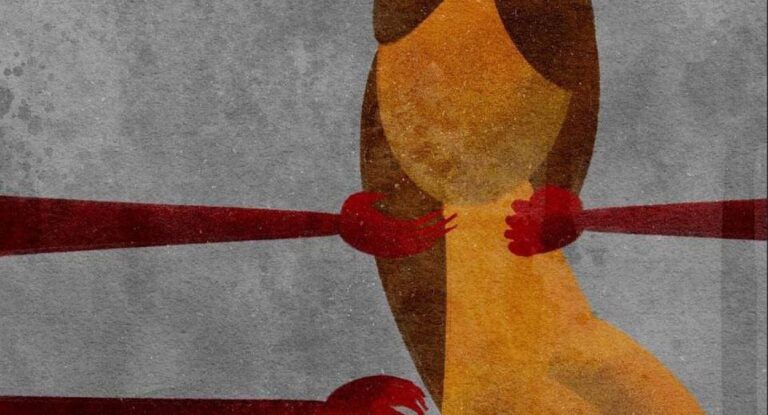
In particular, in Vinnytsia, female journalists demonstrated a creative approach to interviews. Thus, the secretary of the Vinnytsia regional organization of the NUJU and an experienced journalist, Arina Kantonistova, during the workshop, looked for various ways to “reach” the fictional heroine of her material, even offering her help in the garden. Kherson-based journalist Maryna Savchenko, who currently lives in Vinnytsia, noted that she is ready to help her with employment.
Another important thing offered by the journalists, which impressed the conditional heroine of the interview, is that they want to tell her story in order to help other prisoners. Especially since, as Liudmyla Huseinova emphasized, this is really important: people who escaped from russian prisons worry about those who remained there; moreover, when prisoners know that they are supported, they want their release – this gives them strength.
Recommendations from Liudmyla Huseinova for journalists who plan to write about CRSV:
- It is worth consulting with a psychologist regarding where is the best place to interview a particular woman, what to ask, and what not to ask;
- Be sure to tell your interviewee about yourself, about where and in what format the material will be published, give it to the affected person for familiarization with the right to make corrections before publication, and calmly accept if the person asks not to publish their story;
- The survivor’s home is not the best location for the interview. It is worth choosing a place where a person will feel comfortable and safe, where there will be no retraumatizing triggers;
- When preparing for the meeting, it is worth collecting as much information and contacts as possible, which will be useful for the survivors: these are government bodies, a center for helping survivors, organizations that can help with employment or rehabilitation, etc.;
- Read the Murad Code, which provides a set of minimum standards for the safe collection and use of information obtained from survivors.
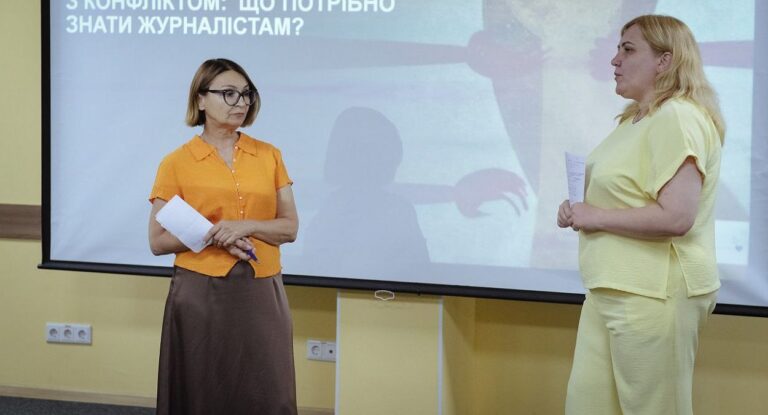
Another speaker of the training, lawyer Maryna Rudenko, noted that almost 500 cases on the CRSV are currently being considered, and this is not an easy process.
The First Secretary of the NUJU, Lina Kushch, drew attention to one more nuance, in particular, how to correctly end a sensitive interview correctly and kindly say goodbye to the survivor so that they do not feel used. After all, this is also important.
Upon completion of the training sessions, their participants received certificates of completion of such training.
But the main thing is that everyone received information for reflection, maybe someone will pay attention to other nuances of the problem.
In particular, Maryna Savchenko reflected on the issue of “education” of those who commit sexual violence during the conflict.
“It seems that the enemies are being taught how to do this. In addition, russian propaganda found another topic in contrast – the crimes of Ukrainian soldiers in the occupied territories. So, we have to tell people the truth so that evil is punished. At the training, we learned a lot of useful things about how to do it correctly and effectively,” noted Maryna Savchenko.
Also, the organizers drew the attention of the training participants to the fact that the NUJU announced a contest for journalistic works on the topic of CRSV! Materials that have been or will be published or aired/will be aired between October 1, 2023, and August 4, 2024, inclusive, are accepted for the competition. Formats of materials: video, text material, radio/podcast, photo. Both full-time editorial staff and freelancers can take part in the competition. Collective participation (several authors) is allowed. The winners will receive diplomas and valuable prizes.
To apply for the competition, follow the link. The deadline for submission is August 4, 2024.
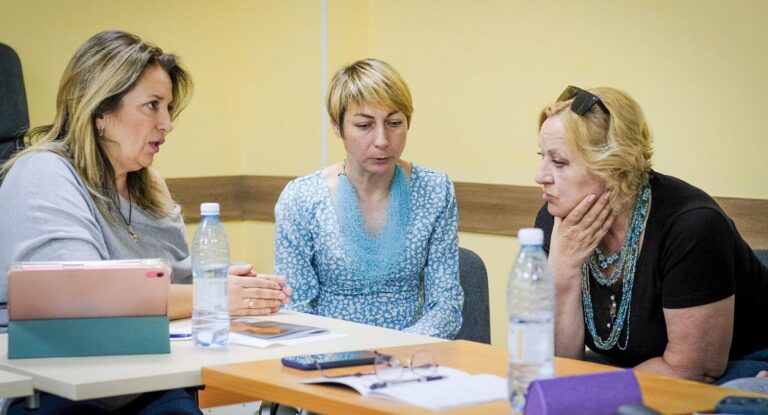
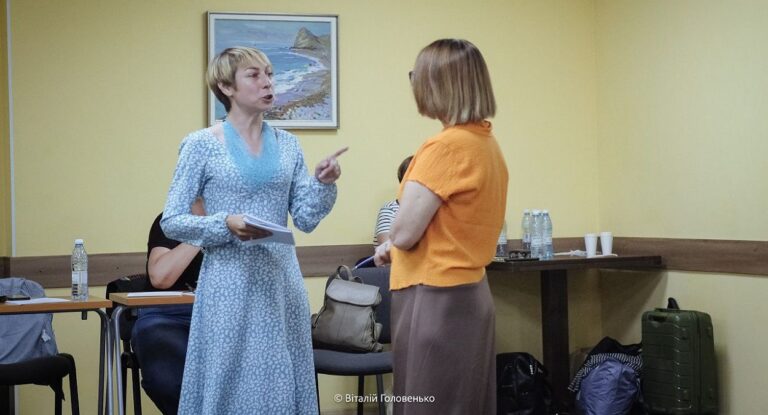
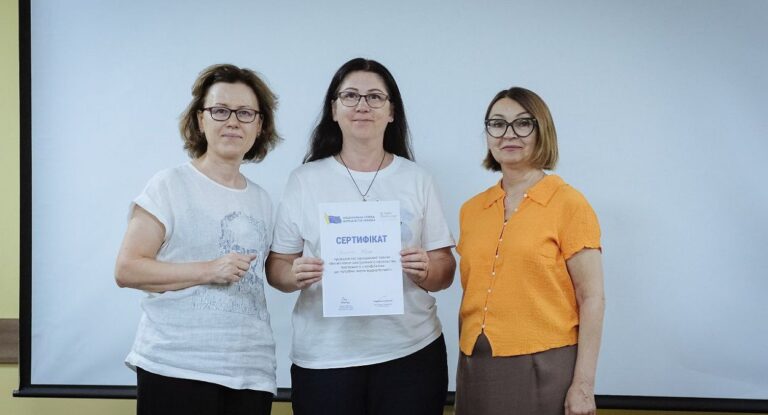
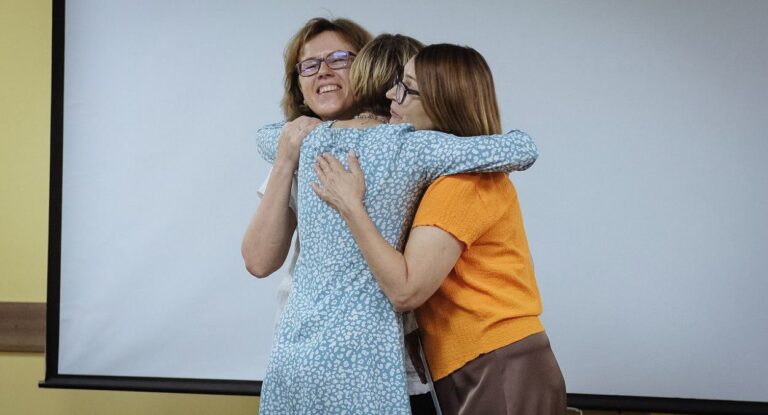
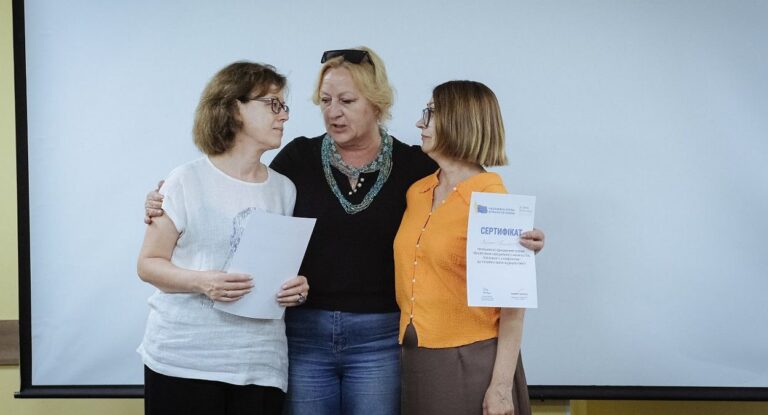
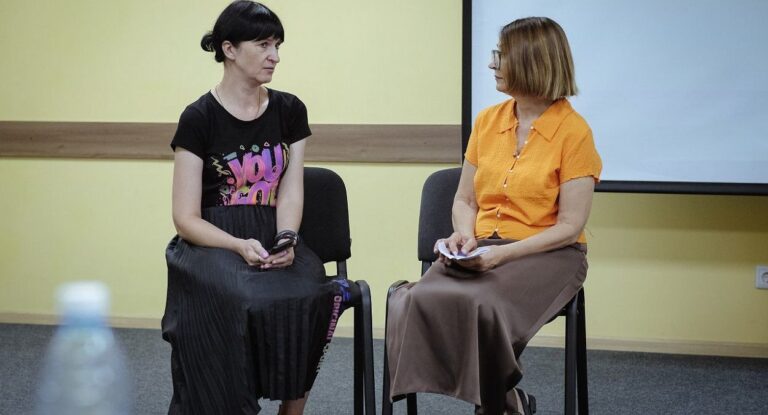
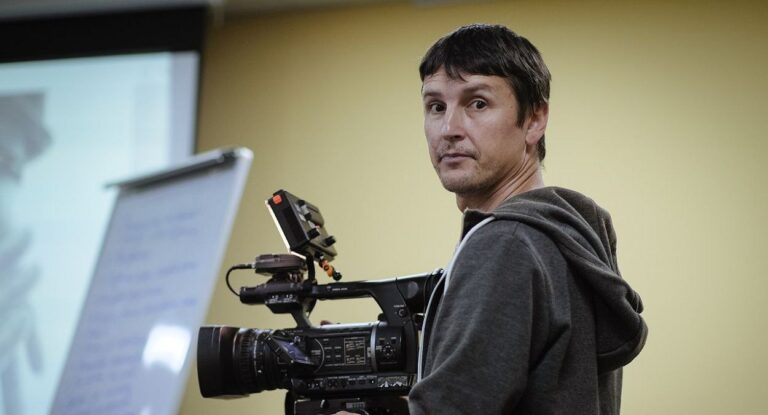
NUJU Information Service

 THE NATIONAL UNION OF
JOURNALISTS OF UKRAINE
THE NATIONAL UNION OF
JOURNALISTS OF UKRAINE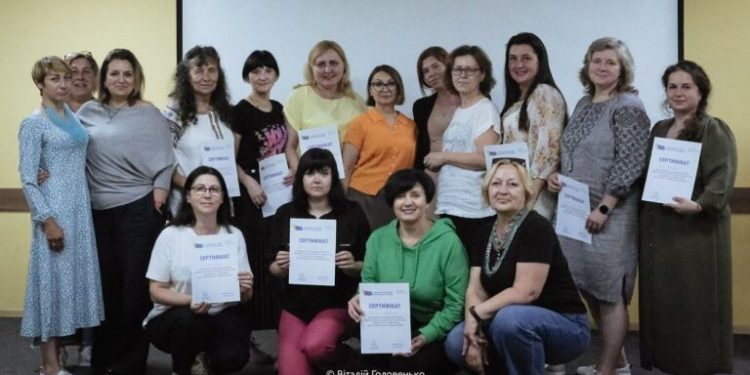
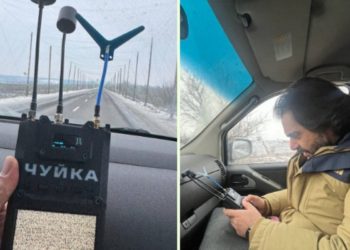
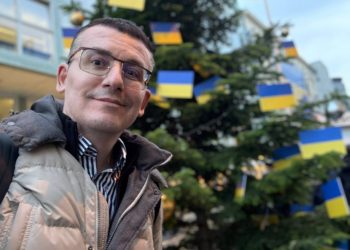
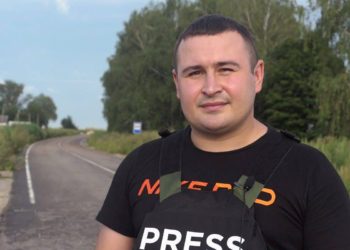













Discussion about this post